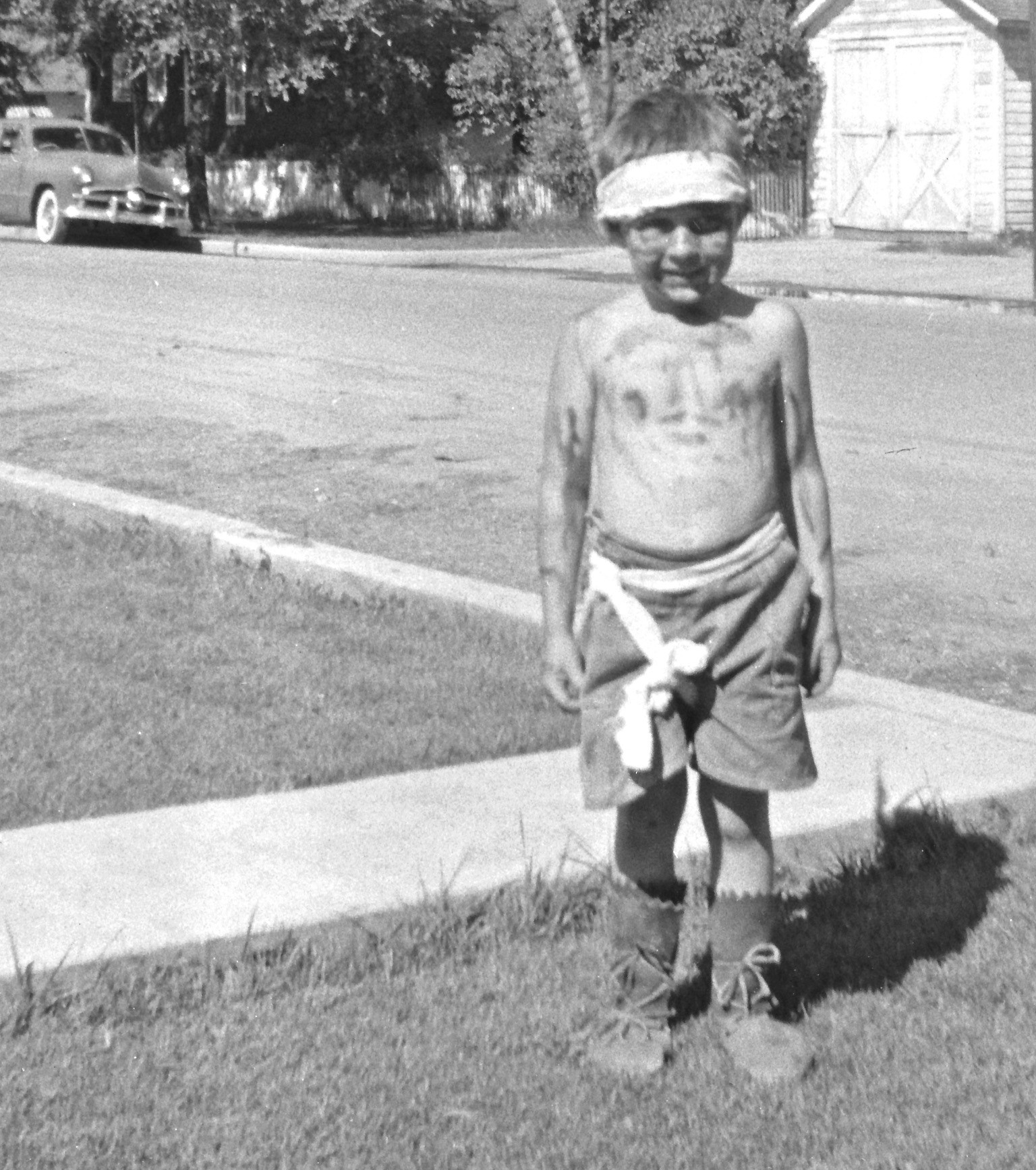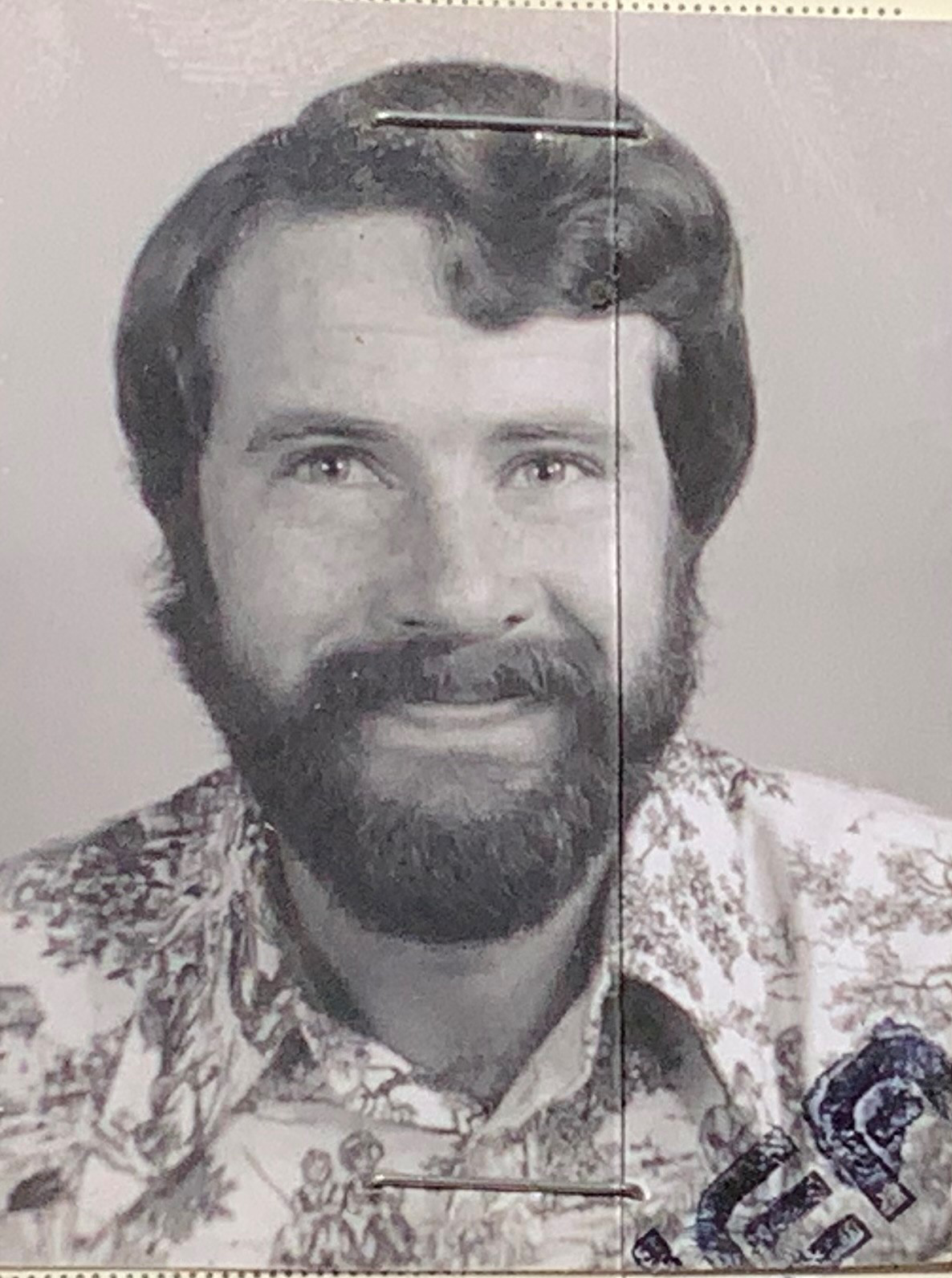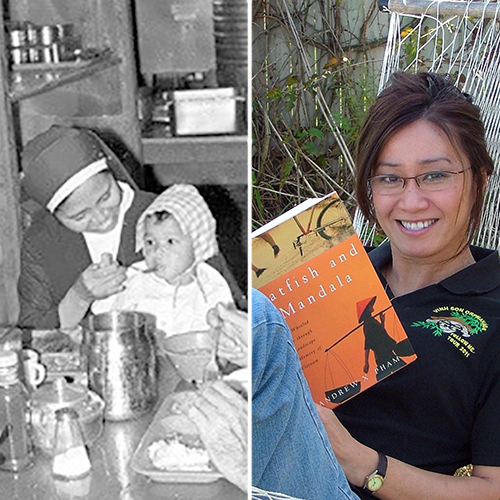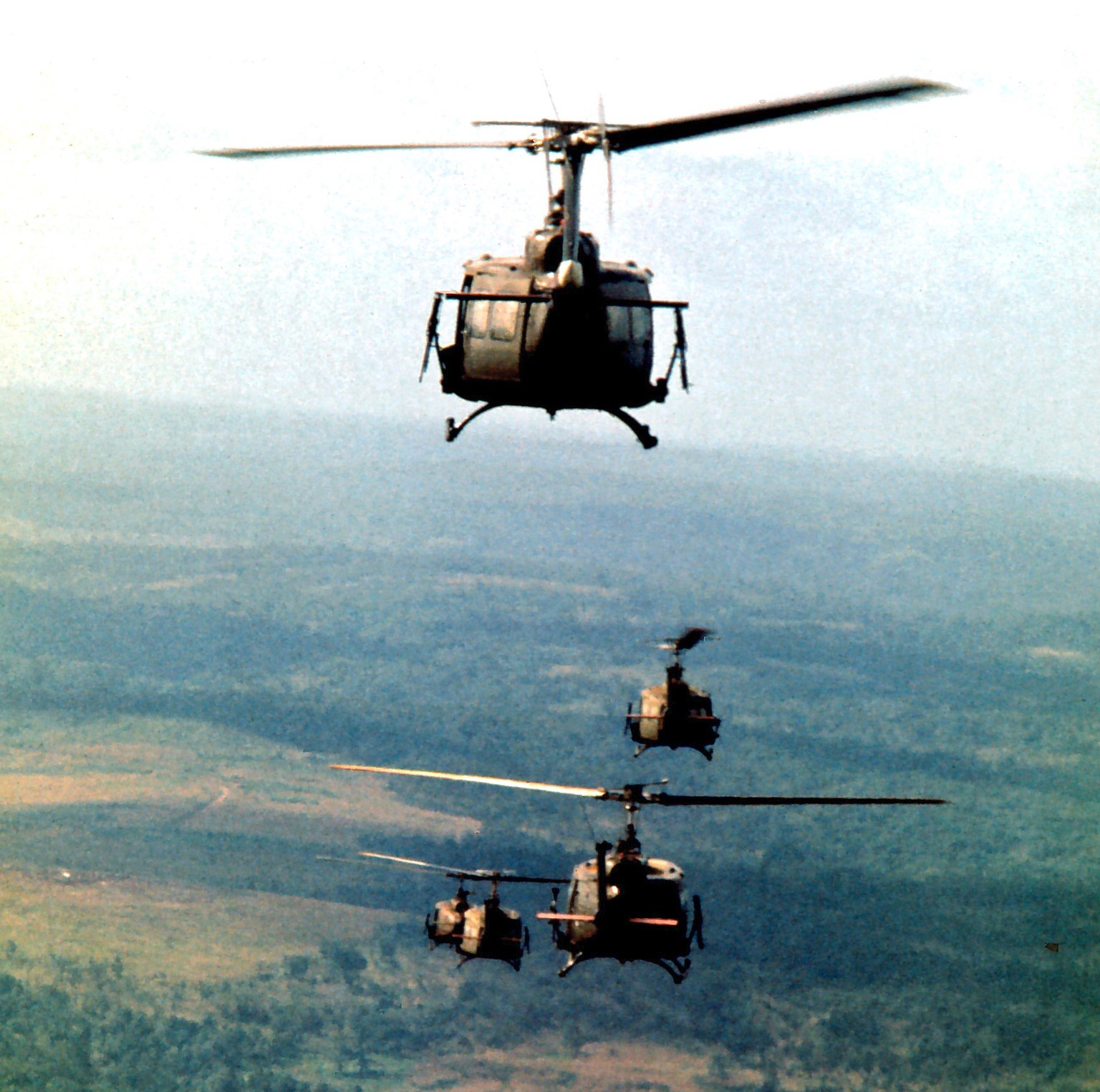The Vietnam War, helicopters, and town planning: Bruce Bartow’s Alumni Story
By: Alumni Team

Bruce Bartow graduated from UEA with a Masters in Sociology in 1972. He went on to forge a long career in town planning and community liaison in his native Oregon. Before studying at UEA, Bruce was drafted into the American military and was posted to Vietnam. He became an official photographer, and we’re pleased to share some of his amazing pictures in this interview.
How did you come to discover UEA?
I was born right in the middle of the state of Oregon, USA. When I was in the womb my parents had Native Americans working on their farm and they became a part of my growing up. I’ve always been very connected to the land here.
I went to Oregon State College in the 1960s, but I made the decision to go abroad for my postgraduate degree. I didn’t like the way education seemed to be structured in the US system and I had grown weary of US politics in the time of the Vietnam war. I was also raised in a blue-collar home and had never left the country, apart from short trips over the border into Canada. I wanted to expand my horizons and I became the first person in my family to own a passport.
I could only speak English, so I looked at universities is Australia, South Africa, and England. I only came across UEA because of a pamphlet siting on my desk – there was no in-depth research or anything. I suppose I liked the pamphlet!

Caption: Bruce as a child wearing moccasins made by Native Americans.
So, what were your first impressions of the UK and of UEA?
It was a bit of a culture shock. I vividly remember getting the bus from the airport and being accosted by the ticket inspector. He was just collecting the money for the ticket, but I had absolutely no idea what he was saying. I had become accustomed to travelling due to my time in Vietnam, and so was not fazed, but it was certainly different.
I had no sense of place or history about England, and I just ploughed forwards. I actually came close to leaving at Christmas. I found the style of learning very difficult. In the US, we had learned facts and figures with lots of testing, and now I was being asked to go away and structure my own learning.
Eventually, I started to understand that I could gain the required knowledge from reading books and analysing them. I became very good at skimming books and getting an understanding. I think of myself as a conceptualist- I think in pictures – and in the end the English style of education made a lot of sense.
How did you then start your career?
I had no idea how my career would pan out while I was at UEA, and I had a sort of homing instinct when I finished. I came back to Oregon. I felt, and feel, a deep connection to the land in Oregon. Not the United States, not the culture, not the politics, not a love of country – just the land of Oregon and its people.
It took me a while to find my feet. I had four years of wandering. I worked in taverns, I worked at a Senior Citizen Centre, and I spent some time trying to write the Great American Novel.
I eventually settled down with my wife. Her mother was a volunteer with the Planning Commission and told me about an opportunity. A whole new system of local planning had come in and the number one goal was to have a citizen committee – to properly consult with the public on proposed regulations and developments. They needed to do this to get funding from the state. That’s where I came in. They needed a good sociologist and I fit right in, and that’s been my career ever since.

Caption: Bruce's UEA-era headshot
What was the most satisfying element of your career?
I love working on the land here, and I’m proud to have spent time making responsible land use known to lots of people.
We were responsible for a little over 1,000,000 acres in the county state of Oregon with around 80,000 people across two cities, and everyone else spread throughout the forests. The different populations all had their own interests and the state wanted to protect the trees. I became good at knowing what would be acceptable to different audiences and navigating a middle path.
Between college and studying at UEA you were drafted to the Vietnam war. Tell us about how that came about.
I got my acceptance to UEA in March 1969 and was then drafted into the military in August. I had to write a letter to the UEA registrar to say “Sorry, I’ve been drafted, but it'd be nice if you held my position”.
I went to Vietnam in February of 1970 and was there until March 1971.
I was trained as an infantry person, and I was fully expecting to do infantry grunt work. For a month, I did that, and every night would end up at the bar. I hated it.
At the same time, I started going into the photography lab. I can’t remember what I was developing but I learned a lot about the process. And then one time I was on an infantry mission to a helicopter company doing night patrols. I was getting suited up to go out to the night ambush patrol when a Jeep came in and someone said “Pack up all your gear. I need to you to come with me”. I learned it meant leaving my night patrol duty, so I jumped on board. It turned out that I had gained a reputation for taking photos while out and about at night, and I was asked to replace an officer who didn’t like taking photos. I was dragged out to a dinner and took a picture of officers drinking, eating, and having a good time.
And that’s what I ended up doing for the next 7-8 months – taking official army pictures. I started with a basic camera, but I scrounged some money and got a proper 35-millimetre camera from the next man going to Hong Kong.

Caption: The commander of the security company at the helicopter base organised food and gift packages for the children of a facility in the Pleiku area (see picture, left). Many years later, perhaps around 2004, I donated all my VN memorabilia, to include negatives, to Texas Tech Vietnam Archives. At one point a woman (see picture, right) living in Michigan by the Great Lakes, contacted me. She was at this orphanage and believed that the last shot was of her. Later she became a boat migrant, finally got into the US. She married an American police officer and had four children. Since she had no photos of her childhood was wondering if she could use mine. I said “Absolutely!”
And what happened when you returned?
For the lack of anything else to do, I did summer school at the University of Oregon, which is where I graduated. And then, out of the blue, a letter came from the UEA Registrar came saying “Well, do you still want to come?” And I said, “Hell yes, absolutely!”. And so, I sold all my camera equipment and bought a one-way ticket to the UK.

Caption: Bruce Bartow's photograph of helicopters in Vietnam. Bruce regularly travelled via helicopter to take photos.
Your connection to UEA lives on and you’ve previously made a generous contribution to our student hardship fund. What motivated you to do that?
As I’ve mentioned, when I started at UEA I found things difficult, and I was a bit lost. I appreciated the university and individuals who helped me through the process, and I wanted to say thank you and donate something so that a poorer international student got that love and support early on in their studies. We were selling our caravan at the time, and so I decided to use the proceeds to give back.
All photos credited to Bruce Bartow.